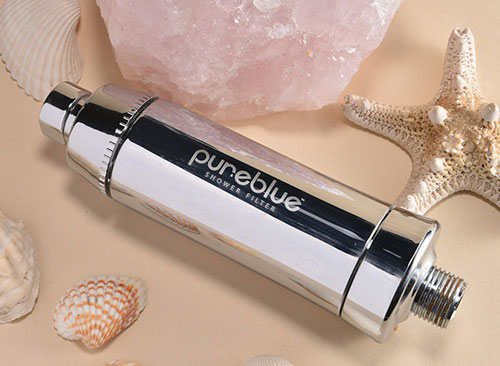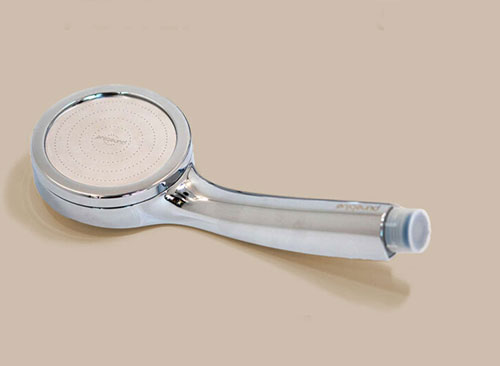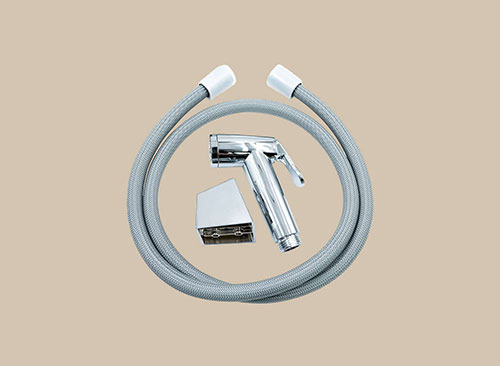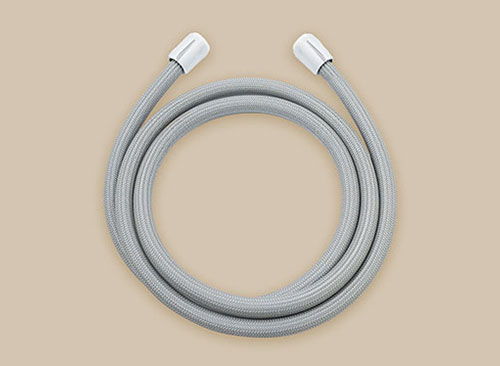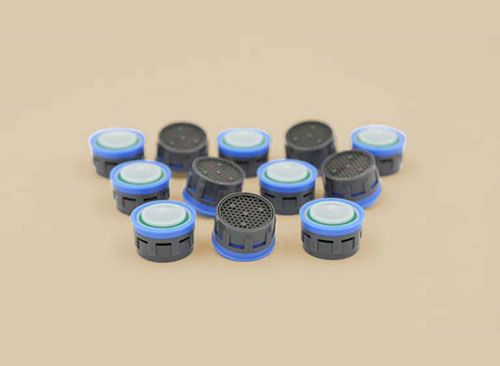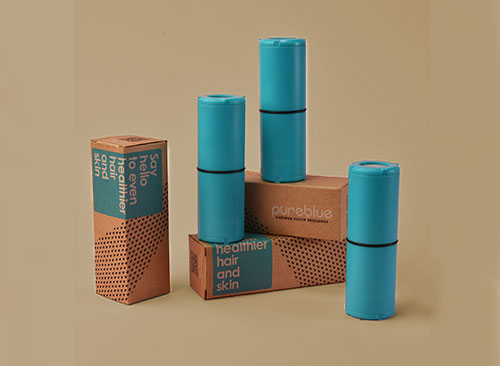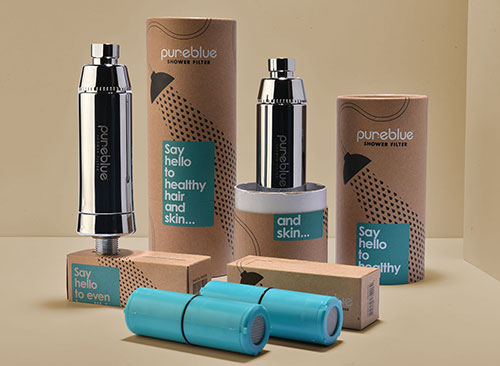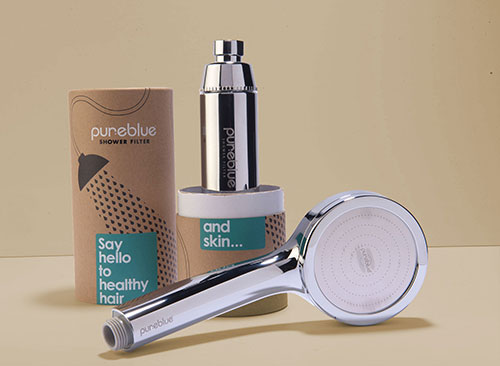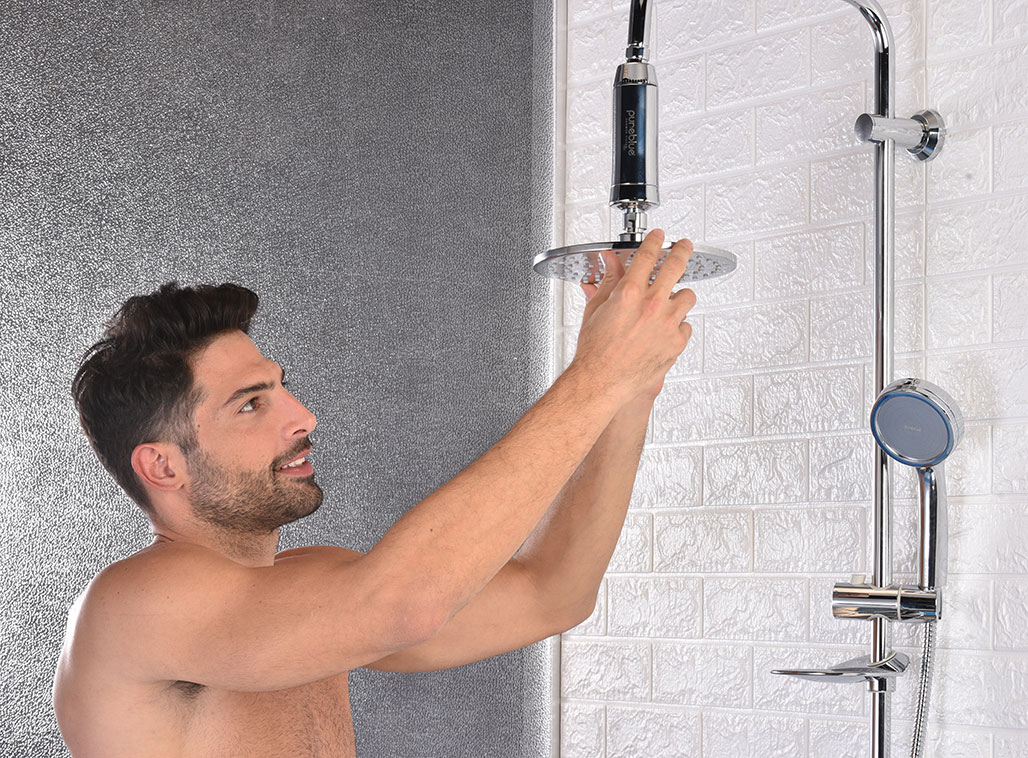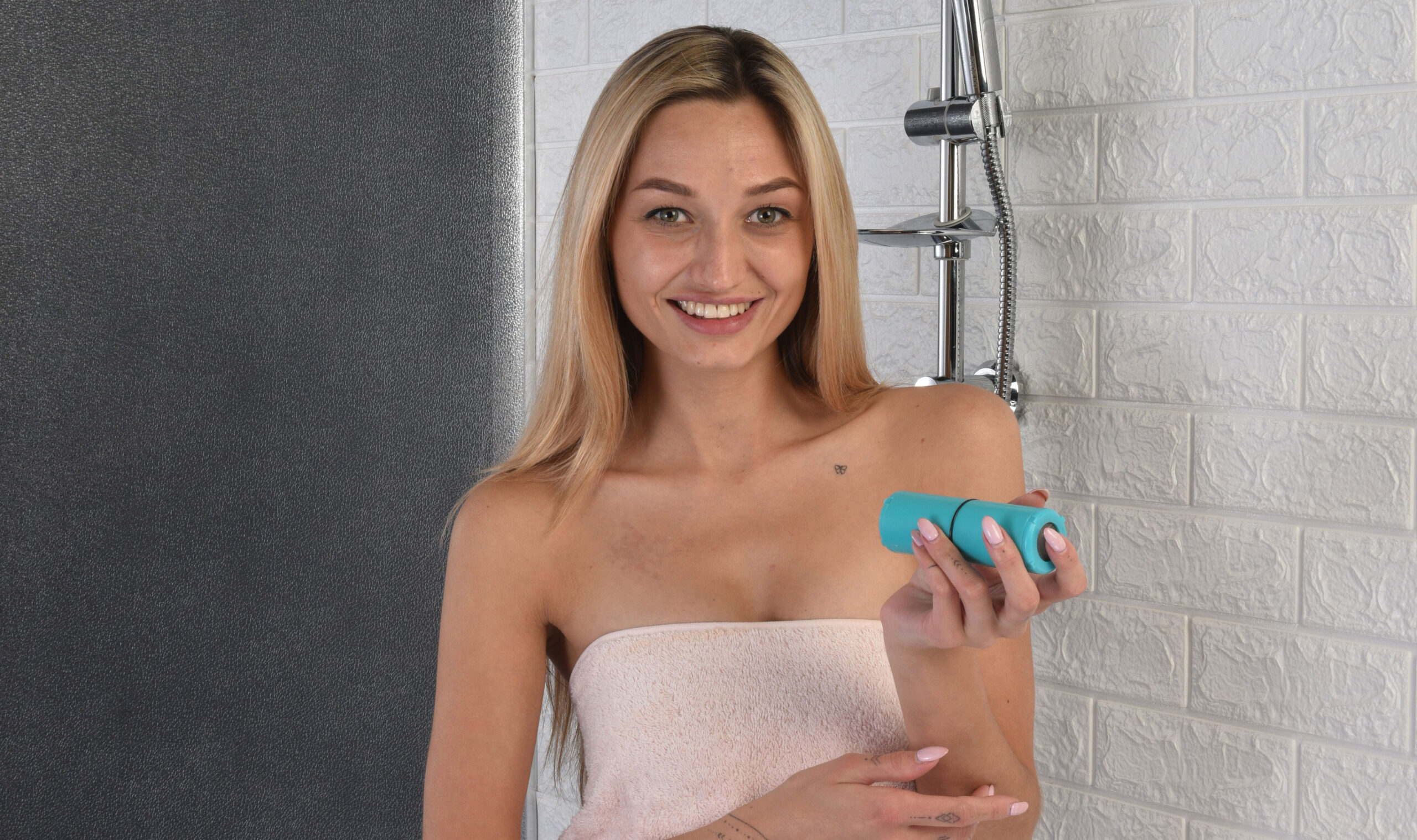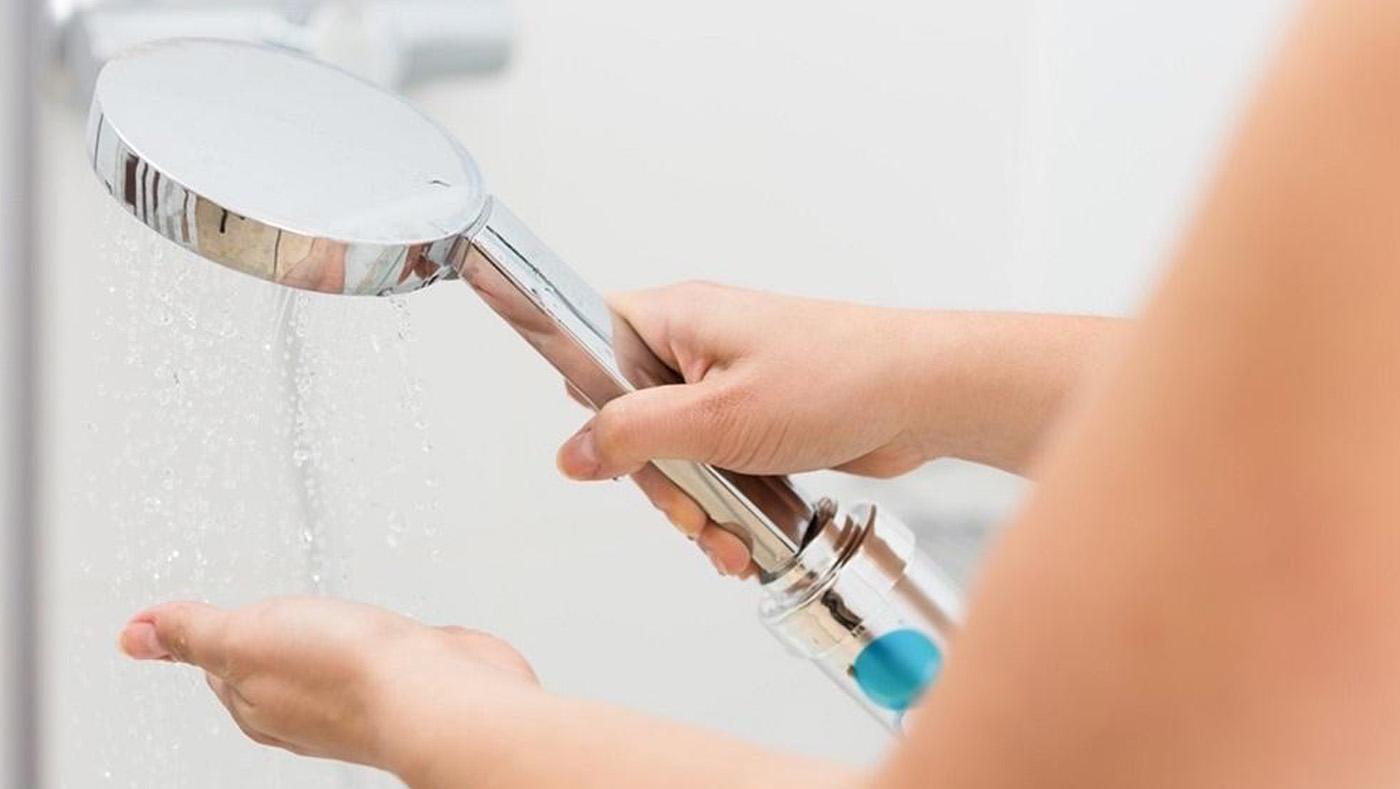Almost everyone showers daily without even thinking about whether the quality of water coming out of their tap might be an issue. Did you know that the water you are bathing in could be an accomplice to the ill effects on your skin, hair, and health? Right from chlorine heavy metals, bacteria, and the immensity of hard water minerals-an array of elements can affect the quality of water running from your shower. And hence testing the quality of your shower water at home is the foremost step to protect your wellness.
Follow this simple guide to assess your shower water quality right at home.
1. Initially, do a visual and sensory inspection:
Color: Cloudy, yellowish, or rusty is a classic iron indicator, or it may just be sediment or rust from old pipes.
Odor: A nauseating bleach aroma would quite certainly mean high chlorine concentration. An offensive smell is a mark for sulfur or bacterial presence.
Feel: Does your skin feel dry or itchy? Does your hair end up feeling strangely oily or brittle? These are symptoms of hard water or chemical imbalances.
Such checks do not tell you exactly what is happening; they just alert your intuition that something is probably wrong.
2. Use At-Home Water Testing Kits
For precise results, one may buy any one water testing kit, available online or at a hardware store. They are easy to handle and give short-term knowledge on:
- Chlorine presence
- pH balance
- Hardness (being calcium and magnesium content)
- Iron, lead, and copper
- Bacteria and nitrates
One has to follow the instructions. Often what it entails is collecting water from your showerhead for analysis and then adding color-coded strips or holding a device that automatically reads the results for you. Standing with the results will take no more than a few minutes after which one will know something about the water.
3. Water Hardness Test
Hard water is a common issue with household water. With calcium and magnesium, it causes:
- Dry, irritated skin
- Hair looking dull and lifeless
- Soap scum build-up on shower walls
Most of the test strips in general test kits will include one for water hardness. Should you find that levels are high, a shower filter will cut down on these minerals and make their skin and hair worthy of care.
4. Consider Laboratory Test for Accuracy
To inspect more closely, you can actually collect a water sample and send it to a certified laboratory. This will be especially befitting if problems were indicated in your home-testing experiments, say elevated lead or microbial contaminations. All things being equal, they will give you a report on your water and possibly suggest ways to correct it based on water composition.
5. Protect Yourself with a Great Shower Filter
After testing your water, make a move. While the water may look innocent, it could still be messing with your skin barrier and scalp health as a result of chlorine, heavy metals or hard water. A performance shower filter product like the PureBlue Shower Filter is an easy solution.
The PureBlue filter is dermatologist recommended, lab tested, and removes up to 98% of chlorine and other contaminants. Ideally, it is for people with sensitive skin, curly hair or just looking for more natural self-care options.
Final Words
It’s nice to have confidence in what is in your shower water. When you test it intermittently and also purchase the right protection, your shower experience will not only be better, but you’re also investing in your skin, hair, and health.
With PureBlue, it is not a luxury, it is your everyday experience of clean, nourishing water.







